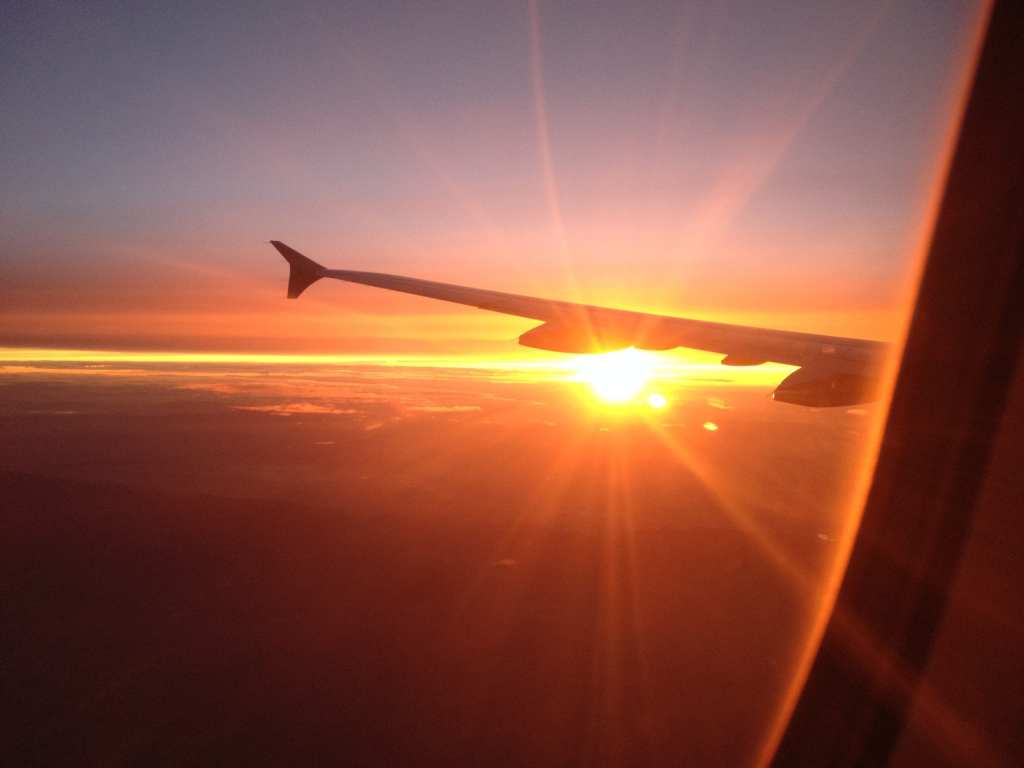Fear of flying is its own phobia, and it can affect pretty much anyone. People who can ski double-black diamonds or actively seek out the highest, fastest rollercoasters can develop a fear of air travel. And sometimes flight anxiety is so severe, it can even curtail the desire to travel and see new places or visit family and friends.
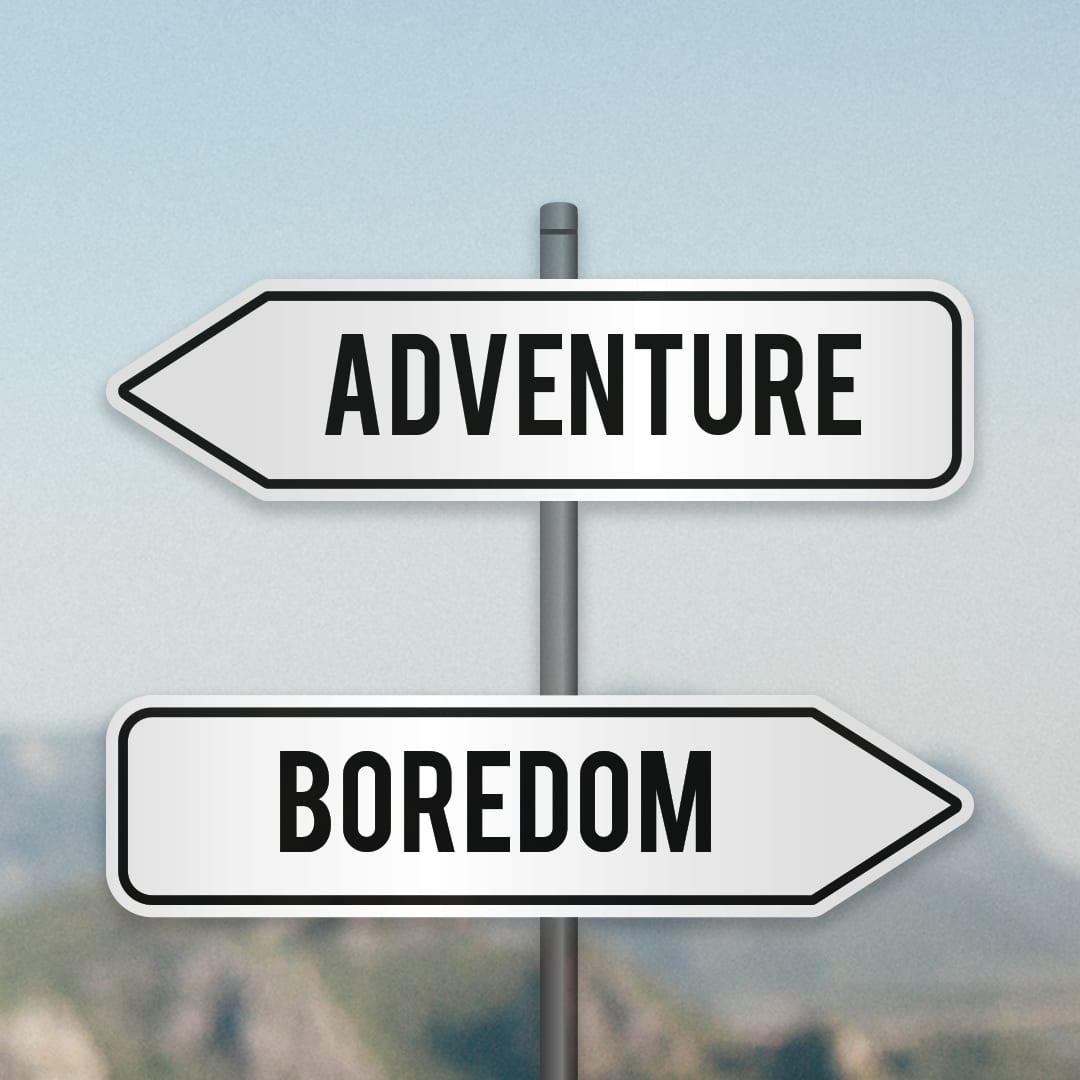
Photo Credit: Flickr
Yet flying remains one of the safest ways to travel. The problem may lie with all the mysteries surrounding airplanes and flying. Not knowing what the bells mean or where those other strange noises are coming from can’t help anyone relax. We’re used to being in control – not strapped down in a seat with extra oxygen above our heads (just in case) and the option to use our own chairs as flotation devices.
But relax, people. These 1o pilots are going to let us in on some secrets about airplanes and flying, and they just may help you sit back and enjoy the flight.
1. Planes get struck by lightening
Airplanes are designed to take lightening strikes with minimal damage.
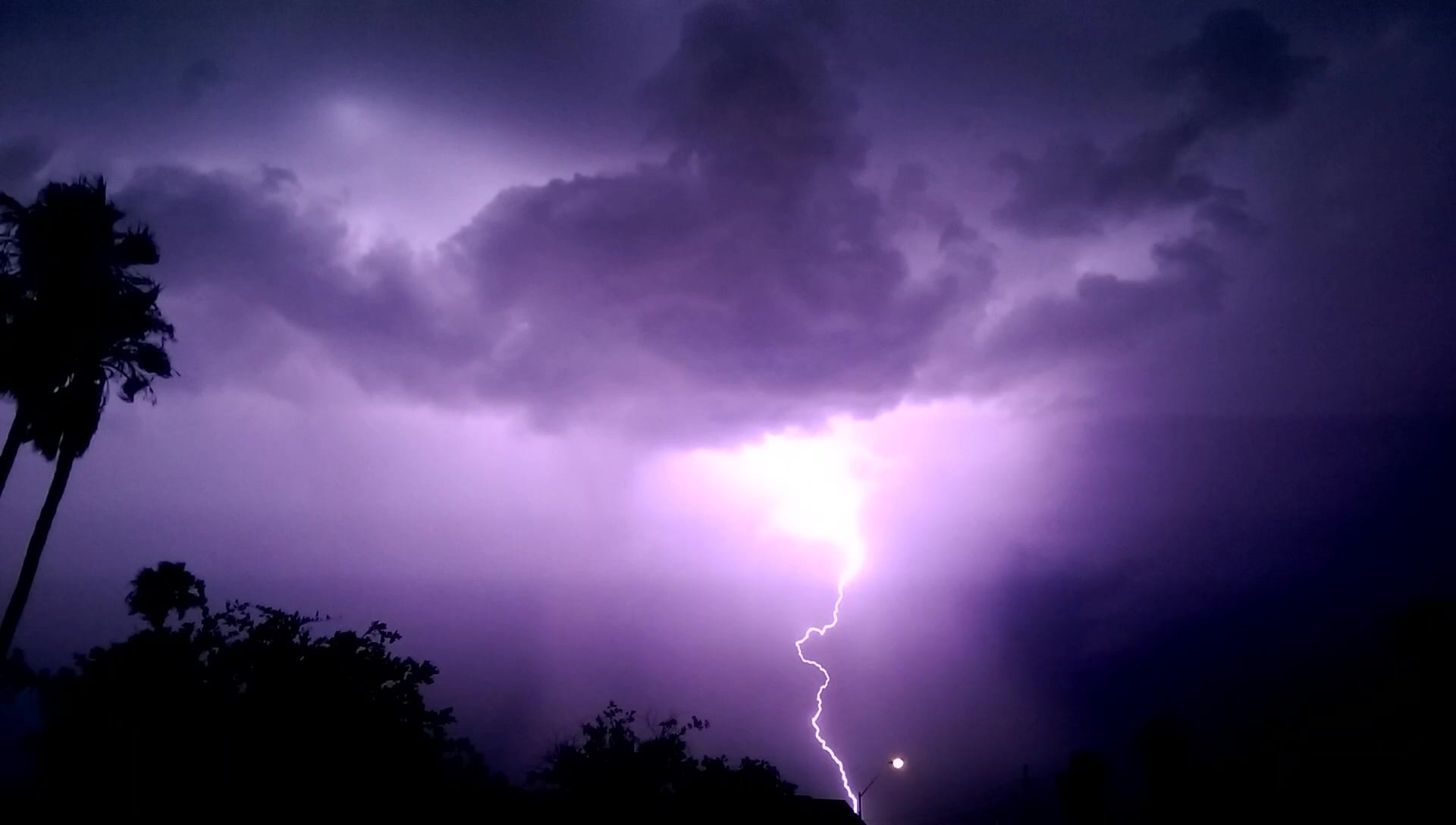
Photo Credit: Pxhere
2. No one is capable of opening cabin emergency exits mid-flight
According to Dan Boland, pilot and founder of the Holidayers’ website, it would take “super-human strength” to open the exit, so forget what you think you read in the news. No one is opening that door while the plane is in flight – the pressure on the inside of the plane is just too great compared to the outside.
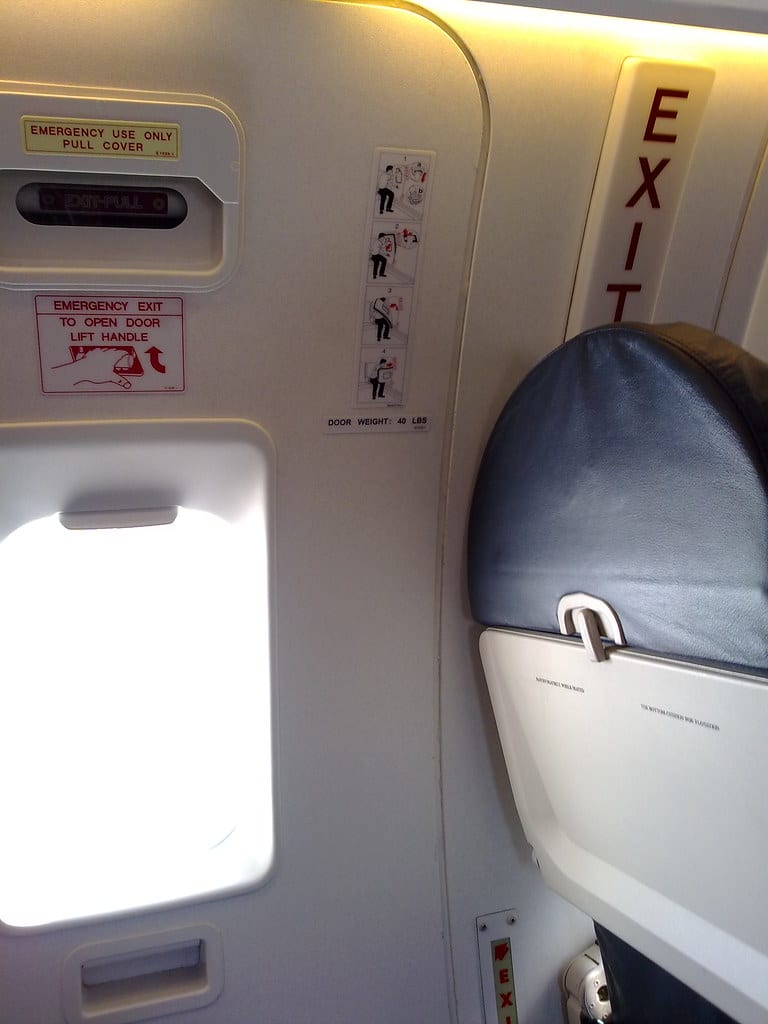
Photo Credit: Flickr
3. Turbulence is only rough air
Pilot and Bristol Group aviation consultant Richard Gonzalez says most passengers will ever only experience moderate turbulence, where the seatbelt sign is on and attendants need to sit down. Pilots avoid it like drivers avoid potholes…because it’s annoying. Major, violent turbulence is very rare – but even though it’s scary, it still won’t bring down the aircraft.
4. Small holes in the window will not cause you to be sucked out of an airplane.
Gonzalez assures us that those small holes in the window are there to help with cabin pressure. But even a much larger hole – say, a bullet hole – wouldn’t cause you to get sucked out. Instead, oxygens masks would fall, the temperature would drop and it would get loud…but no one is getting sucked out.

Photo Credit: Flickr
5. There is not a safest seat
Well, that’s what pilots say. But Popular Mechanics looked at some hard data and determined passengers sitting toward the back of the plane had very slightly higher survival rates. It’s not clear if this is statistically useful data, though, because flying is so safe these days that the sample size of crashes they used was very small.

Photo Credit: Skitterphoto from Pexels
6. Flying in the morning is smoothest
Commercial airline pilot Captain Laura says air in the afternoon is heated, which is a cause of turbulence. Afternoons also see more bad weather for the same reason – heated air rising from the surface and interacting with cooler air higher up.

Photo Credit: Pxhere
7. Motion sickness in minimized in the middle
Pilot and author of Cockpit Confidential Patrick Smith told Reader’s Digest that a plane is like a see-saw – most of the up and down motion is either in the front or the back.

Photo Credit: Flickr
8. Your cell phone really does need to be in airplane mode or powered off while flying.
If a dozen people start making calls or if everyone’s cell phones are constantly looking for Wifi connections, there is a good chance of the activity interfering with flight instruments.
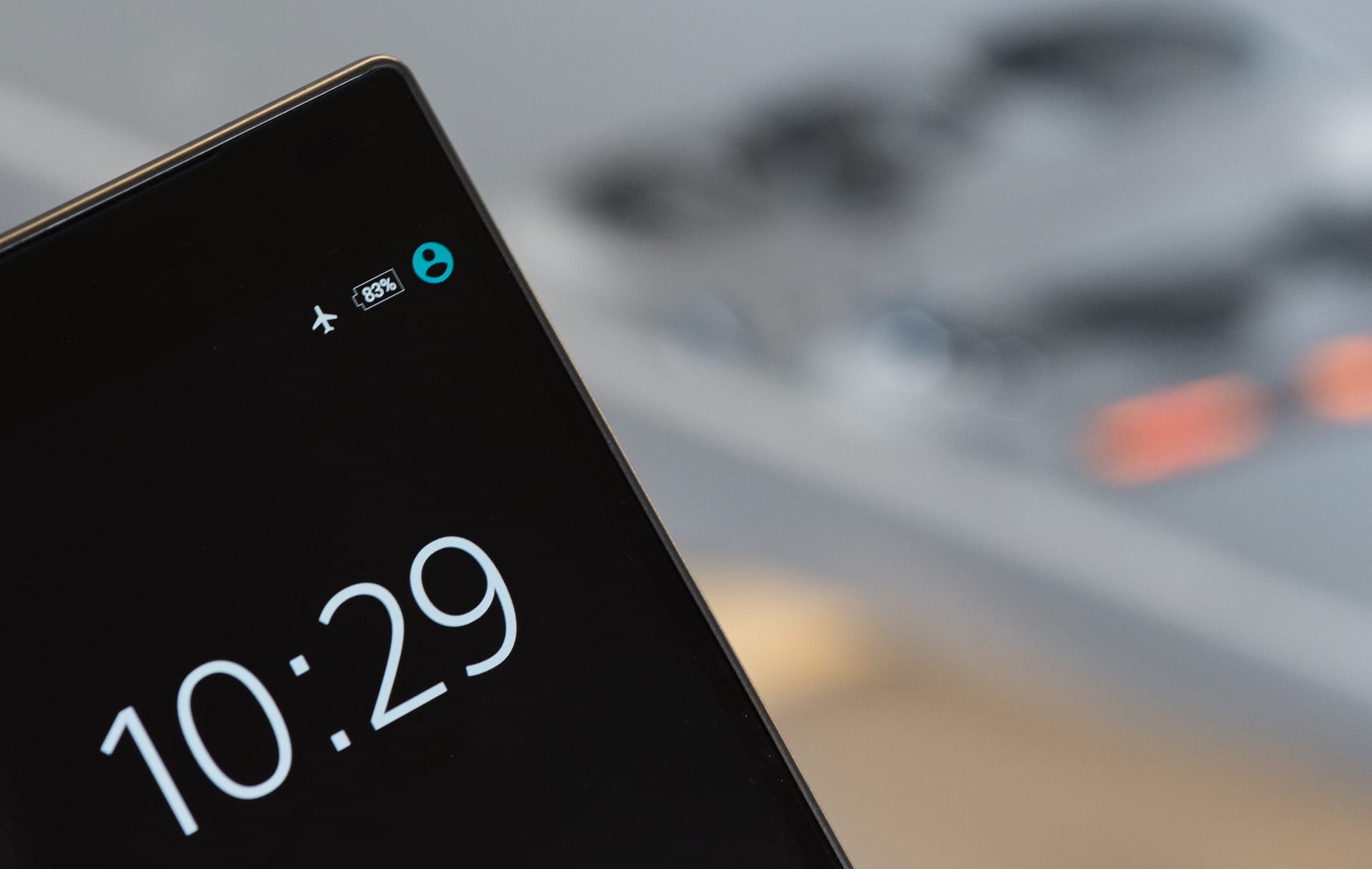
Photo Credit: Pixabay
9. Also, put away the laptops and headphones at takeoff and landing like the attendants tell you to.
Laptops make nice, heavy projectiles that can seriously injure someone if a take off or landing had to be aborted. Headphones can also keep you from hearing any emergency instructions.
Photo Credit: Maxpixel
10. A pilot will never announce, “We have engine failure!”
Either they will say something vague about indication problems or not say anything at all because most of the time passengers won’t realize something is wrong. Planes can fly and land with a failed or failing engine.
Photo Credit: Max Pixel
Overall, flying is way less dangerous than your drive to the airport. And, when you consider the value of your time and how few vacation days you’re probably going to get, flying can’t be beat.
Hopefully that’ll help calm your fraying nerves.

